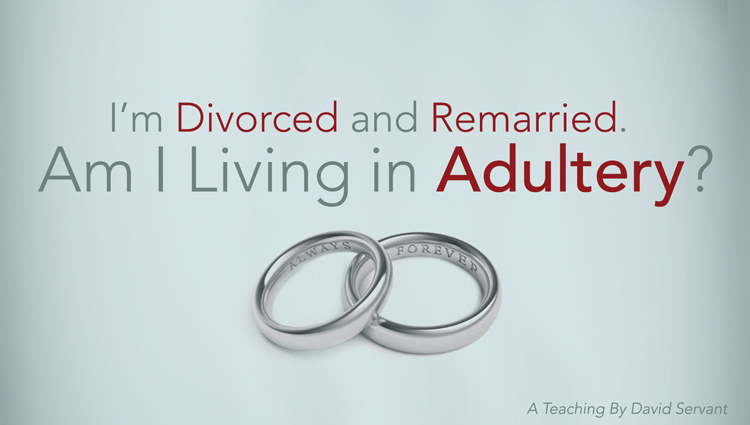We are very blessed, if we speak English, to have numerous translations of the Bible that we can choose from. Sometimes the question is asked, “Which one’s the best one? Which Bible translation should I be using?” That’s not an easy question to answer!

I think if you asked all the scholars who have been on the translation committees of various Bible translations (both recent and in the past), they would probably be tempted to say, “Well, the translation that I worked on is absolutely the best.” Why would they ever say anything but that? No one’s going to say, “Well, the translation that I worked on is not as good as the other one.” There’d be no sense in trying to come up with a new translation!









